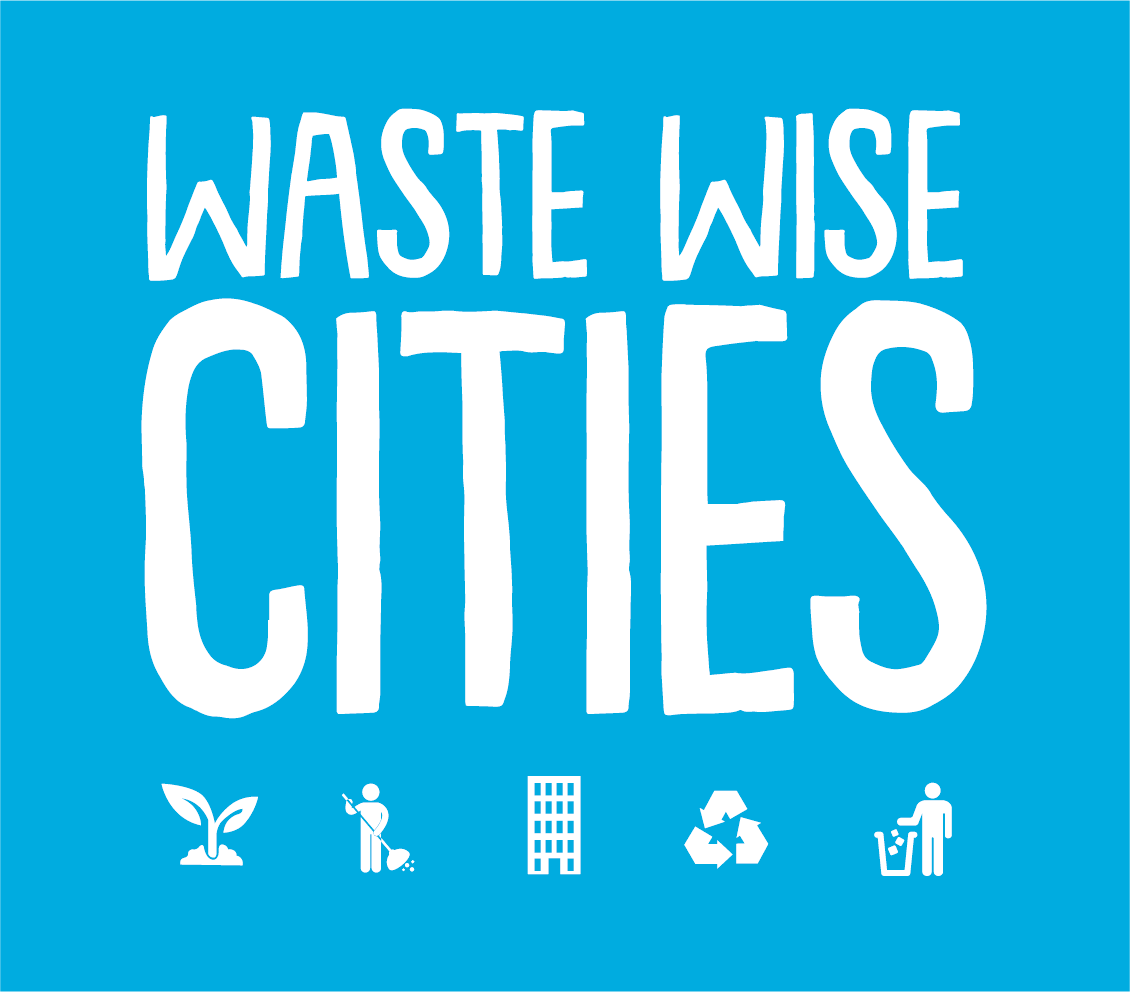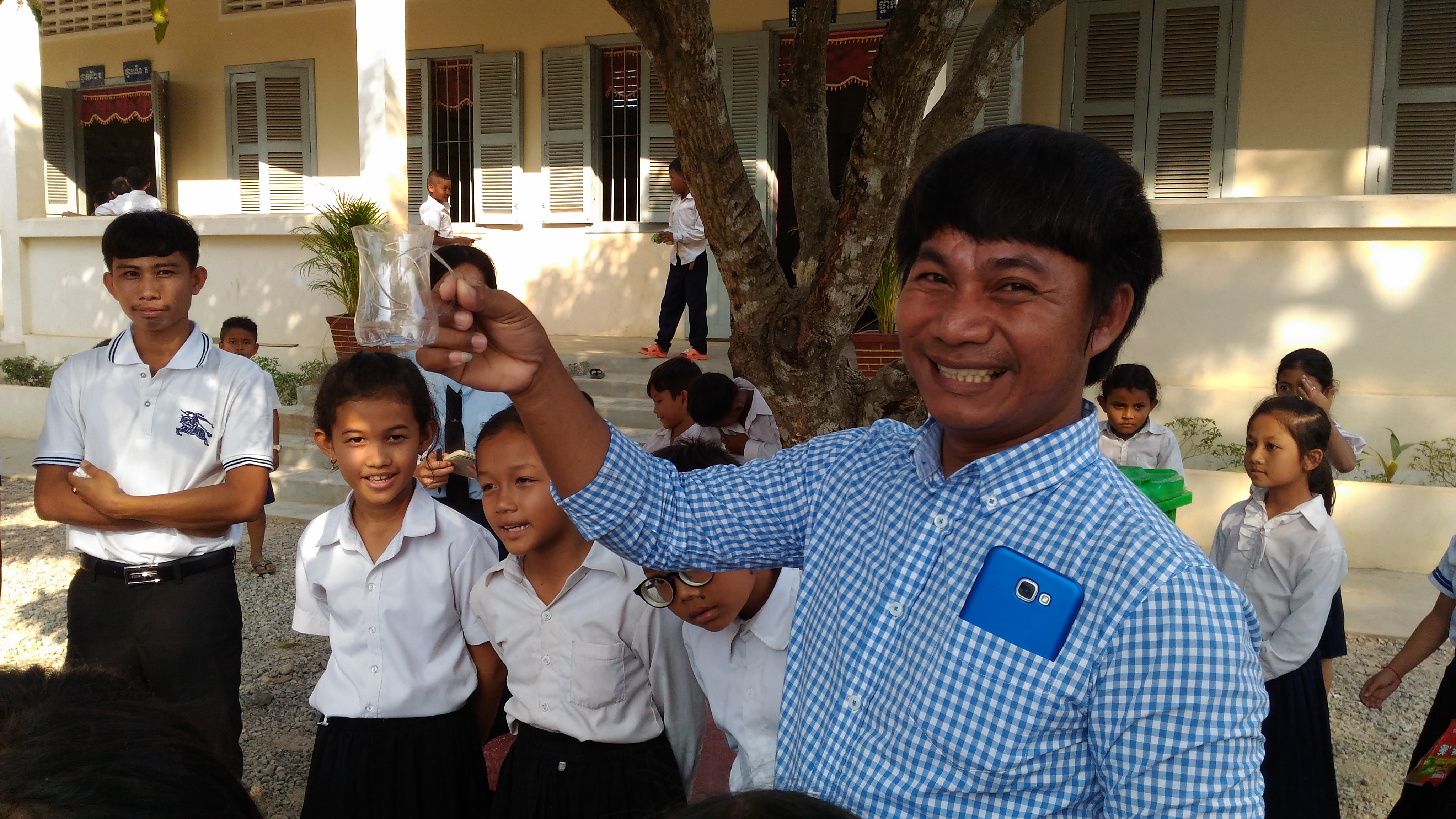13. October 2021
Authors: Lucie Leclert (SWSC Regional Advisor East Africa), Adeline Mertenat (project officer, EAWAG-Sandec)
 The Swiss Water and Sanitation Consortium (SWSC) is proud to announce that the Blue Schools Kit (available here) is listed as an example of good practices for waste education by UN-Habitat under the Waste Wise Cities Campaign. In 2020, UN-Habitat called for innovative educational practices on waste management at school and 19 best practices were selected worldwide and summarized in factsheets.
The Swiss Water and Sanitation Consortium (SWSC) is proud to announce that the Blue Schools Kit (available here) is listed as an example of good practices for waste education by UN-Habitat under the Waste Wise Cities Campaign. In 2020, UN-Habitat called for innovative educational practices on waste management at school and 19 best practices were selected worldwide and summarized in factsheets.
- The UN-Habitat factsheet on Blue Schools is available here.
- All the UN-Habitat factsheets are available here.
Collaboration between SWSC and EAWAG
The SWSC collaborates with EAWAG, the Swiss Federal Institute of Aquatic Science and Technology, on monitoring for Blue Schools and on the topic of solid waste management. Thanks to this collaboration for the development of the Blue Schools Kit, solid waste management is one of the core components of Blue Schools. Furthermore, EAWAG and the SWSC co-designed the monitoring framework for the waste management component of Blue Schools based the Joint Monitoring Programme (JMP; WHO/UNICEF) service laddered approach for WASH. Currently, EAWAG supports the SWSC with a resource person on waste management issues who helped to organize two Community of Practice meetings dedicated to the exchange of experience on solid waste management. The fruitful exchanges with project teams in both English and French have inspired the SWSC teams to replicate good practices in Blue Schools around the globe, such as waste segregation and other initiatives for reducing, reusing and recycling waste.
Photo: Print screen from the Blue Schools Facilitator’s Guide: Topic 8 on Solid Waste
Source: Blue Schools Kit
The SWSC Blue Schools
The SWSC promotes the innovative approach called Blue Schools (more information available here). The projects of Phase III of the SWSC (2020 – 2023) target more than 150 schools in ten countries around the globe, benefitting more than 50’000 students and teachers.
Becoming a Blue School is a step by step process. The starting point is to ensure that children drink safe water, use well-maintained latrines and maintain good hygiene practices. Among others, the SWSC project teams rehabilitated or constructed a total of 130 drinking water supply systems and 1044 handwashing facilities in schools until mid-2021. The Blue Schools projects also promote menstrual hygiene and health, gardening activities, safe management of solid waste and environmentally friendly practices. It is the aim that children learn about these topics through practice and experiments.
Photo: A teacher in a Blue School in Cambodia demonstrating to students how to reuse pet bottles as plastic cups (project of Caritas Switzerland)
Photo Credits: Lucie Leclert


